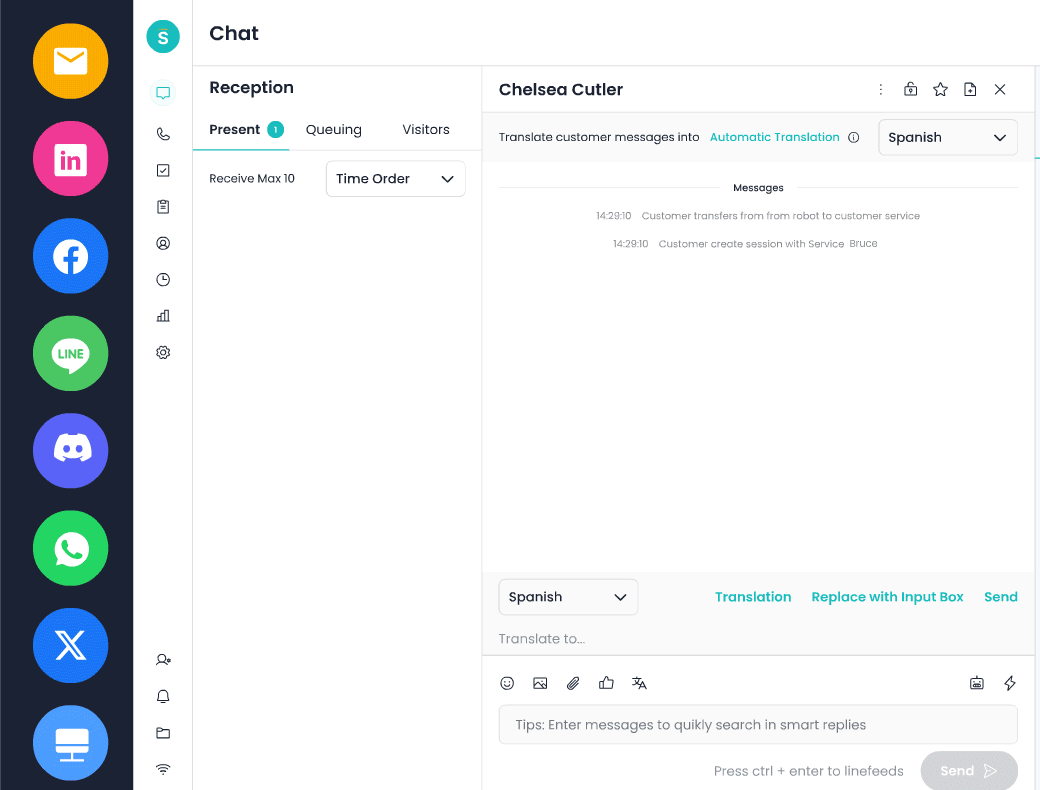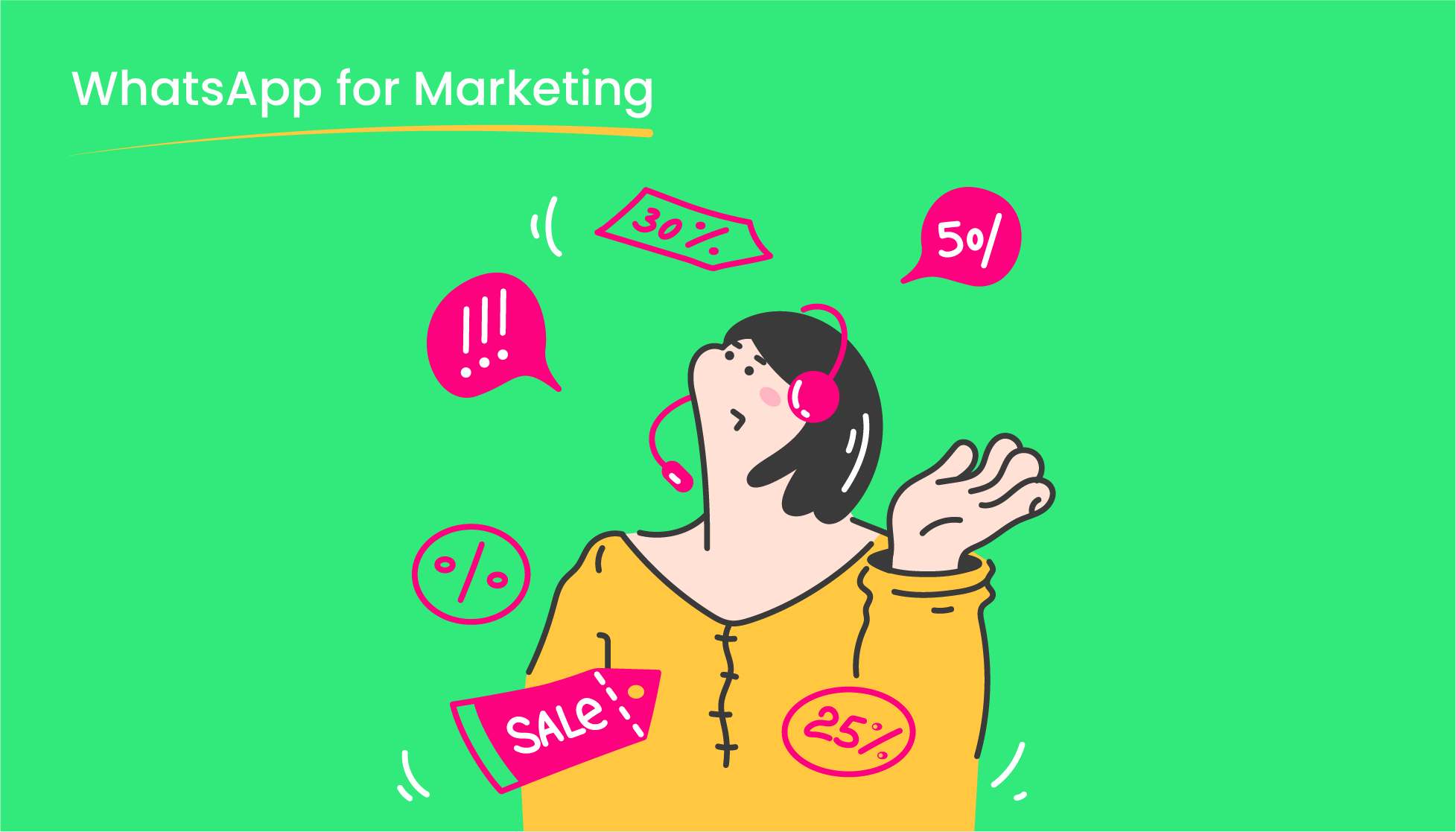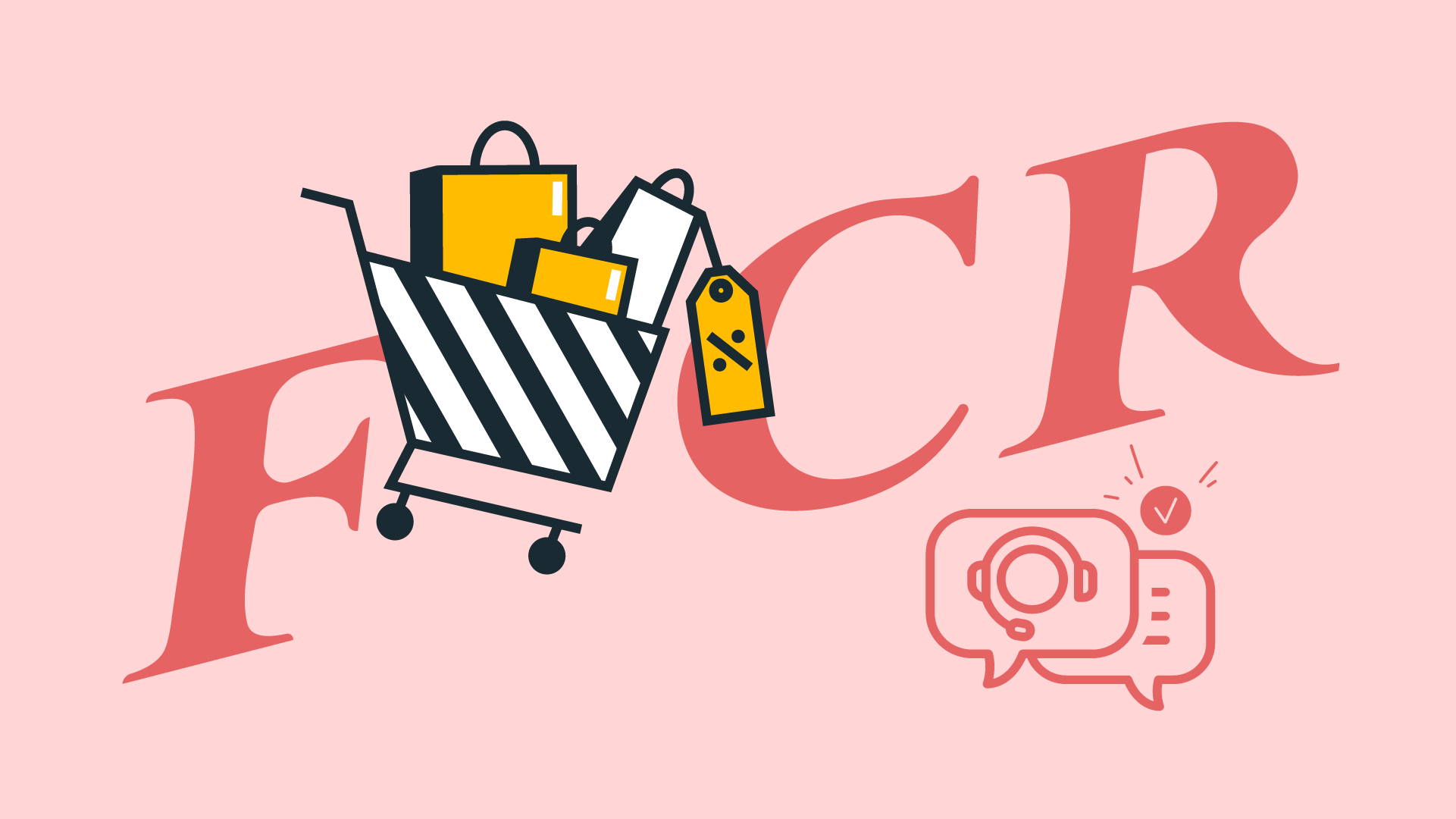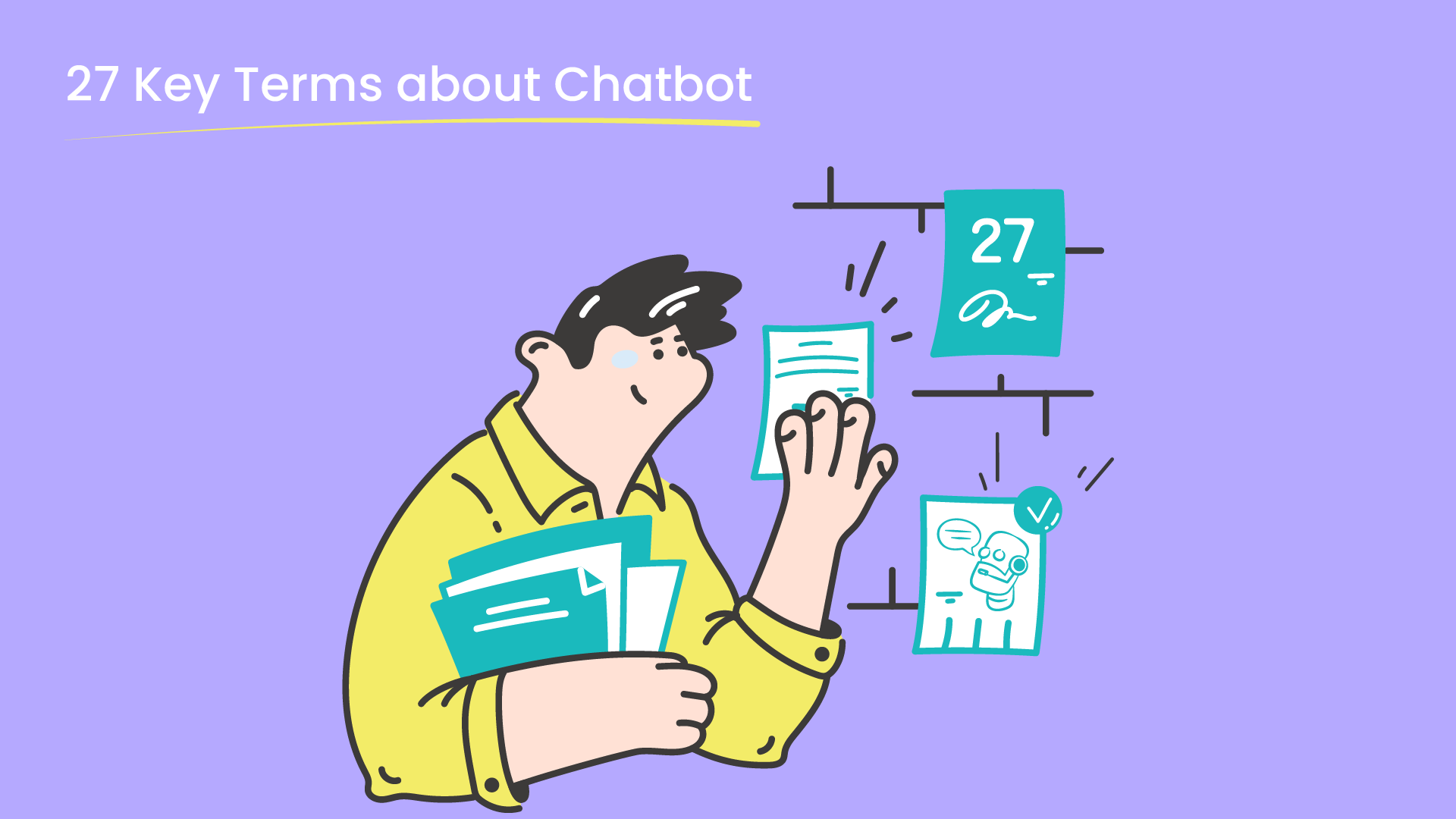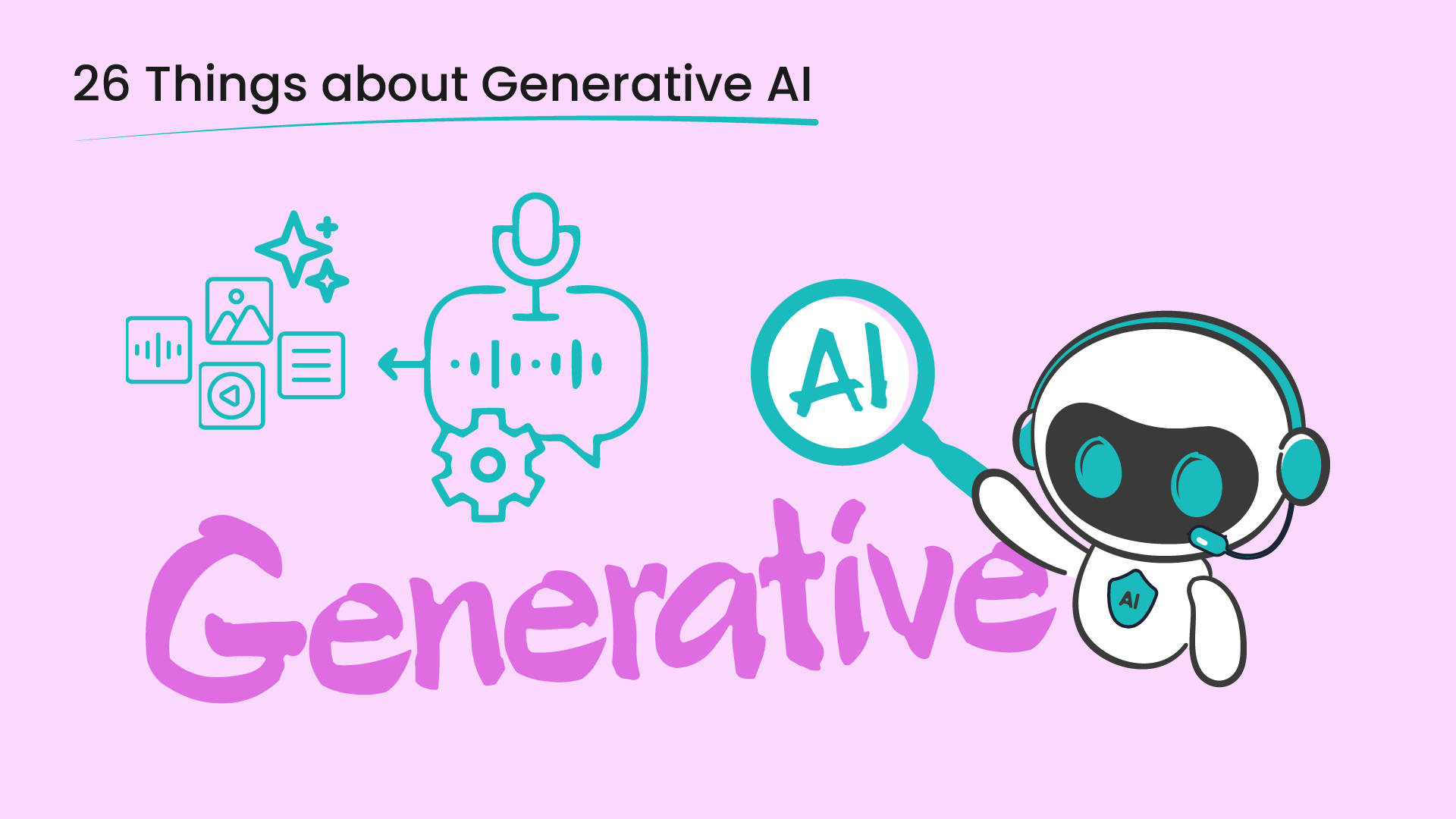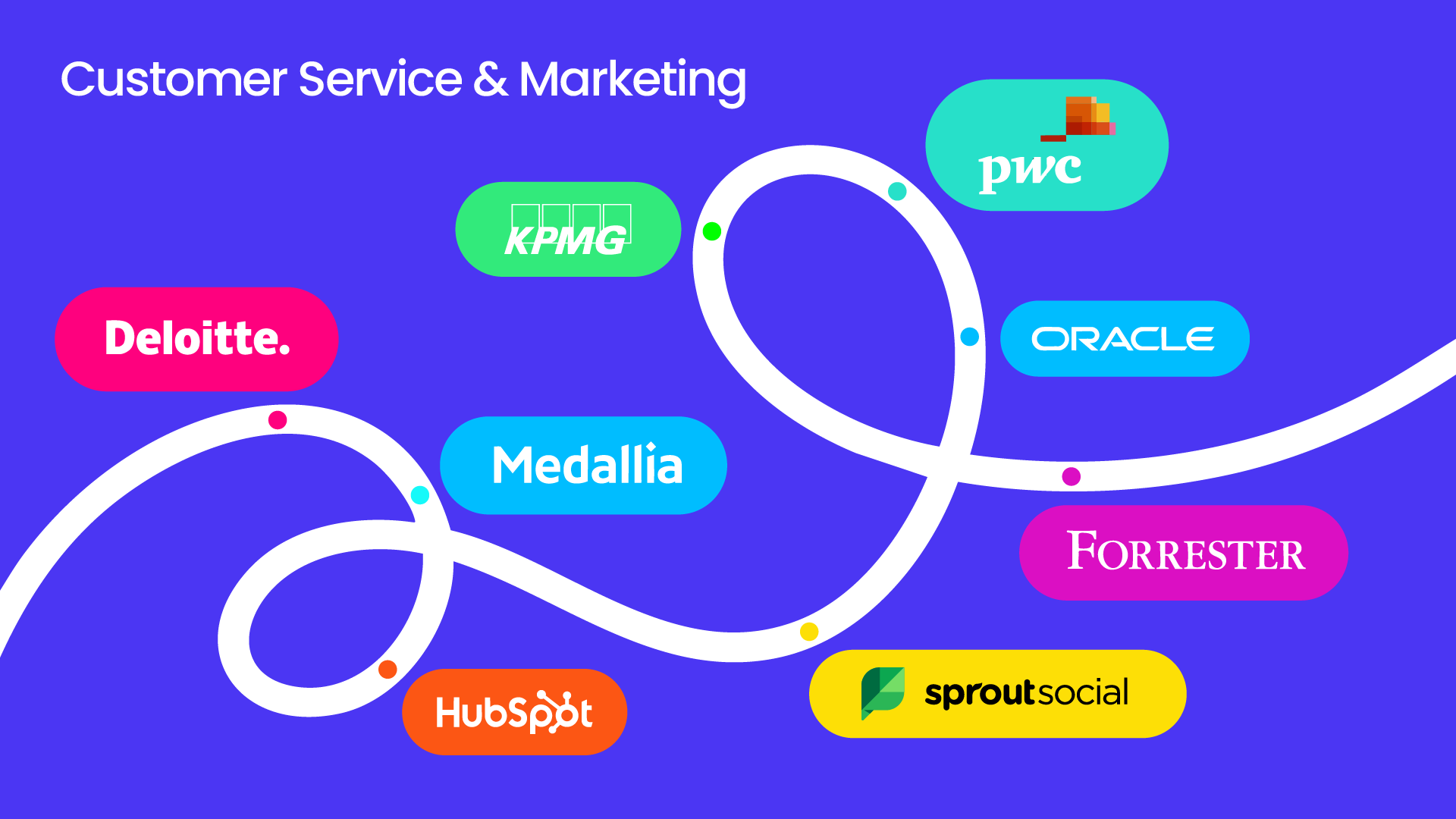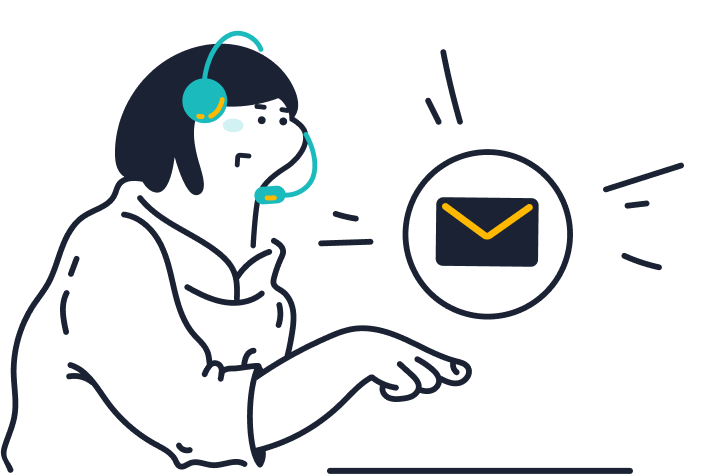Introduction
WhatsApp messages boast an impressive open rate of approximately 98%, far surpassing the 20% open rates typical of other communication channels.
In an era dominated by instant communication and personalized experiences, WhatsApp has emerged as a game-changer for businesses worldwide. With over 3 billion active users, it is one of the most widely used messaging platforms, making it an invaluable tool for marketers.
Personalized marketing has become a cornerstone of effective customer engagement, fostering trust and loyalty while driving higher conversion rates. The combination of WhatsApp’s reach and Sobot’s innovative WhatsApp API enables businesses to unlock new levels of personalization. This article explores how you can use WhatsApp to create meaningful connections and achieve impressive marketing results.
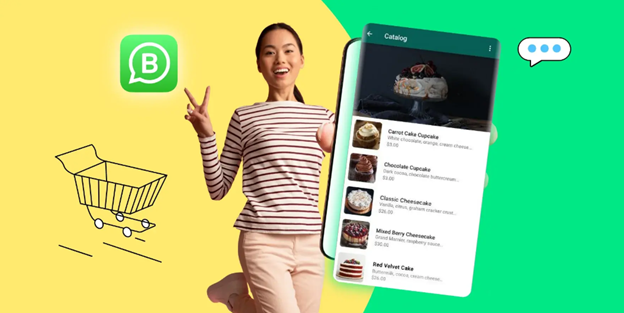
Why Choose WhatsApp for Personalized Marketing?
Global Reach
WhatsApp is used across 180+ countries, making it a truly global platform. Its widespread adoption allows businesses to interact with customers in diverse regions without the limitations posed by language or device preferences.
“As of June 2024, WhatsApp’s user base has reached approximately 3 billion unique active users worldwide.”
High Open Rate
Studies reveal that WhatsApp messages enjoy open rates of up to 84% and response rates far exceeding traditional emails. This high visibility ensures that your marketing efforts reach their intended audience promptly.
Two-Way Communication
Unlike SMS or email, WhatsApp encourages real-time, two-way communication. Businesses can have natural, conversational interactions with their customers, making the experience feel more personal and less transactional.
Secure and Trusted Platform
With its end-to-end encryption, WhatsApp ensures the security of communications. Additionally, verified business accounts with a green tick foster trust, reassuring customers of your credibility and commitment to their data privacy.
“65% feel more confident messaging businesses vs. sending an email.”
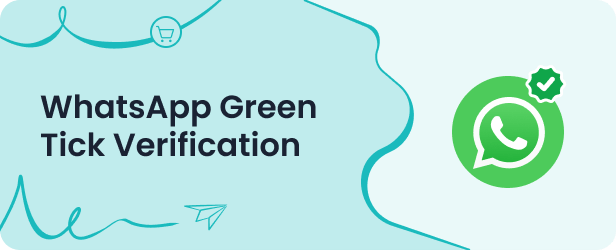
Key Features of Sobot’s WhatsApp API for Marketing
Segmentation and Targeting
Sobot’s API allows businesses to group customers based on their buying behavior, preferences, demographics, or engagement history. For example, e-commerce stores can send tailored recommendations to customers based on their browsing history or past purchases.
Template Messages
Pre-approved templates simplify the process of sending promotions, updates, and reminders. Templates can be customized to include the recipient’s name, product details, or event information, making them feel relevant and personal.
“33% preferred WhatsApp as they didn’t need to wait for long to get their queries answered.”
Interactive Messaging
Interactive features, such as quick-reply buttons, carousel messages, and multimedia support, enhance customer engagement. For instance, travel agencies can use buttons for customers to choose between flight deals or hotel offers instantly.
Automated Campaigns
With rule-based triggers, businesses can send personalized messages automatically. For example, an abandoned cart reminder can be sent within hours of a customer leaving the checkout page, increasing the likelihood of conversion.
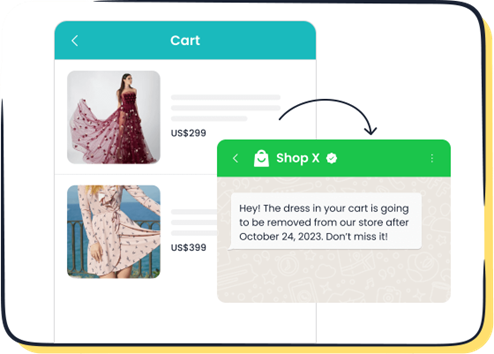
Integration with Systems
Sobot’s API seamlessly integrates with customer relationship management (CRM) tools, enabling businesses to access and leverage customer data effectively. This integration ensures every message is contextually relevant and aligned with the customer’s journey.
Steps to Create a Successful WhatsApp Marketing Campaign
1. Define Goals and Audience
Establish clear objectives for your campaign, such as increasing sales, enhancing retention, or promoting a new product. Segment your audience based on criteria like age, location, purchase history, or engagement level to deliver tailored messages.
2. Set Up Message Templates
Create pre-approved message templates that comply with WhatsApp’s policies. These templates can be for promotions, reminders, or service updates and should include personalized details like names or relevant offers.
3. Label Customers
Organize your audience by applying labels to different customer groups. For example, label users as “new leads,” “loyal customers,” or “abandoned cart users.” This helps in targeting the right group with appropriate messaging.
4. Leverage Rule Engines for Automation
Implement rule-based automation to trigger messages based on specific customer actions. For instance, send reminders automatically when a customer leaves an item in their cart or follow up after a purchase.
5. Set Up Customer Segmentation
Categorize customers using advanced segmentation strategies. For example, group them based on recent interactions, purchase frequency, or engagement history to personalize your marketing campaigns further.
6. Personalize Your Messaging
Utilize placeholders for names, product details, or past interactions to make messages feel uniquely tailored. Adding a personal touch increases the likelihood of engagement.
7. Optimize Timing and Frequency
Determine the best time to send messages for maximum visibility and engagement. Avoid overwhelming your audience with excessive communication, which could lead to unsubscribes.
8. Test and Optimize
Experiment with A/B testing for message formats, multimedia elements, and timing to identify what works best for your audience. Continuously optimize based on insights to maximize engagement and conversions.
9. Monitor and Analyze Campaign Performance
Use analytics to measure the performance of your campaigns. Track key metrics such as open rates, click-through rates (CTR), and conversion rates to refine your approach for future campaigns.
Use Cases of Personalized Marketing with WhatsApp API
Personalized marketing with WhatsApp API allows businesses across industries to engage with their customers in a meaningful and efficient way. By leveraging WhatsApp’s conversational nature, companies can offer tailored experiences that cater to individual needs and preferences. Whether it’s recovering lost sales, building loyalty, or improving customer satisfaction, the use cases are diverse and impactful. Below are some key industry-specific examples of how personalized marketing can transform customer engagement:
E-Commerce
- Abandoned Cart Recovery: Automatically send reminders to customers who left items in their cart, complete with product images and direct purchase links to encourage checkout.
- Personalized Recommendations: Suggest products based on customers’ browsing history or previous orders, driving upselling and cross-selling opportunities.
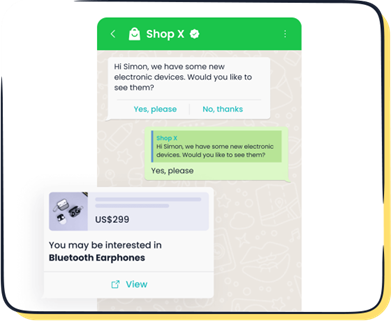
Retail and FMCG
- Exclusive Discounts: Reward loyal customers with personalized discount codes, encouraging repeat purchases and increasing retention rates.
- Post-Purchase Surveys: Collect feedback through WhatsApp surveys to refine services and enhance customer satisfaction.
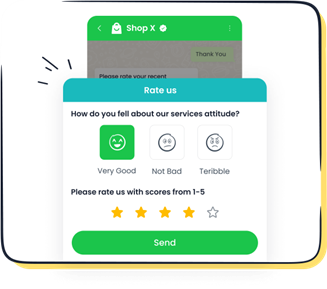
Travel and Hospitality
- Booking Updates: Notify customers about itinerary changes, flight delays, or hotel bookings in real time, ensuring smooth travel experiences.
- Exclusive Deals: Share limited-time offers on vacation packages or hotel stays to drive urgency and boost bookings.
Healthcare and Wellness
- Appointment Reminders: Send timely notifications for upcoming medical consultations to reduce no-shows.
- Personalized Health Tips: Provide tailored health advice based on patients’ medical history or wellness goals, fostering better care.
Finance
- Account Notifications: Keep customers informed about transactions, low balances, or other account-related updates in real time.
- Tailored Financial Advice: Share investment insights or financial tips customized to their goals and past interactions, building trust and loyalty.
These use cases illustrate how businesses can harness WhatsApp API to create highly personalized and impactful customer experiences across multiple industries.
Benefits of Personalized Marketing on WhatsApp
Personalized marketing on WhatsApp has revolutionized how businesses interact with their customers, making communication more engaging, relevant, and impactful. By tailoring messages to individual preferences, companies can create meaningful connections that foster trust and loyalty. Here are some key benefits of using WhatsApp for personalized marketing:
- Improved Customer Engagement
Personalized messages resonate better with customers, encouraging them to interact more frequently. WhatsApp’s conversational and familiar interface further enhances this engagement, creating a seamless communication experience. - Higher Conversion Rates
Reaching customers with the right message at the right time significantly boosts the chances of conversions. This targeted approach helps businesses drive more sales while improving the overall customer experience. - Enhanced Customer Trust
Features like end-to-end encryption and green tick verification assure customers of the brand’s authenticity and dedication to data privacy, fostering long-term trust. - Streamlined Operations
Automation tools simplify processes, reduce manual efforts, and ensure that businesses can maintain personalization even at scale, optimizing efficiency and resource allocation.
Challenges and Solutions in WhatsApp Marketing
WhatsApp marketing, while highly effective, comes with its own set of challenges that businesses must navigate to ensure success. From adhering to strict platform policies to maintaining a personalized approach in high-volume campaigns, overcoming these hurdles is key to achieving impactful results. Here are the common challenges in WhatsApp marketing and how to address them effectively:
- Compliance with Regulations
WhatsApp enforces stringent policies to prevent misuse. Businesses must ensure their campaigns align with these rules to avoid account suspension. Partnering with Sobot guarantees compliance and helps you manage campaigns seamlessly. - Avoiding Spam-Like Messaging
Customers value relevant and meaningful communication. To avoid appearing spammy, focus on delivering high-quality messages that engage and add value, making your brand more approachable. - Managing High-Volume Campaigns
Handling large-scale campaigns without losing personalization can be daunting. Automation tools offered by Sobot enable businesses to maintain a personal touch while managing high message volumes efficiently.
Case Studies of Successful WhatsApp Marketing Campaigns
Luckin Coffee: Expanding in Singapore
Luckin Coffee, a prominent coffee brand, aimed to boost customer engagement and satisfaction in Singapore. The challenges they faced included reactivating dormant customers, collecting post-purchase customer satisfaction (CSAT) feedback, and enhancing brand loyalty.
To address these challenges, Luckin Coffee partnered with Sobot and leveraged the WhatsApp Business Platform. Automated campaigns were deployed, including promotional offers, coupon distribution, and post-purchase surveys. This seamless integration with WhatsApp enabled personalized communication with customers, driving engagement and loyalty.
As a result, Luckin Coffee achieved a 20% increase in marketing ROI, a remarkable 97% CSAT score, and an impressive 84% open rate for WhatsApp messages, demonstrating the effectiveness of WhatsApp as a marketing tool in the Singapore market.
Conclusion
In the age of personalization, businesses must go beyond mass marketing to foster genuine connections with their customers. WhatsApp, combined with Sobot’s API, provides the tools needed to deliver impactful, personalized campaigns at scale.
By adopting this customer-centric approach, businesses can improve engagement, boost ROI, and build long-lasting relationships with their customers. Explore Sobot’s WhatsApp solutions today to unlock the full potential of personalized marketing for your brand.
